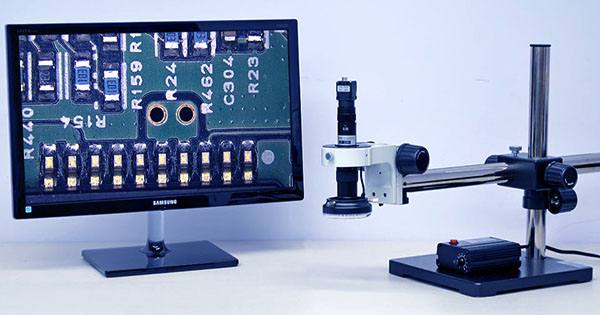The events of shared vehicles, the firms that deploy them, and the locations in which they are deployed have dominated much of the e-scooter debate. However, Carson Brown, co-founder and chief designer of Taur Technologies, a London-based e-scooter company, believes it is time to distinguish scooter sharing from scooters as cars. Taur debuted in 2019 with a pre-order campaign for its luxury, sleek, white e-scooters, which include a foot deck that allows users to face ahead while riding and a set of big ol’ tires. Although the goal was to start in London, the United Kingdom has yet to legalize privately owned e-scooters.
Taur is instead debuting in Los Angeles, thanks to a $1.75 million investment from Trucks VC, a San Francisco-based venture capital group focused on the future of transportation. While it would be a stretch to call the electric scooter market mature, it is far enough ahead that the arrival of a new business is noteworthy, if not thrilling. “I believe sharing was fairly common when we started,” Brown told TechCrunch, “and we took the confident, daring, and dumb choice to say, yeah, we think it’s going to shift to ownership.”
“So we’re taking advantage of areas that are embracing these cars, and we view LA as a terrific location to be, not just because of the product, but because we see branding as a significant part of our work.” We’re going to alter the way scooting seems to the average individual. We’ve done our duty if we can do it.” In other words, Taur aims to foster a culture change that sees scooters as aspirational modes of mobility rather than specialized or “second-class citizen activities.” According to Brown, most scooter firms don’t have much in the way of personality, and they certainly haven’t contributed anything to the culture.
He explained, “It’s always been manufacture it as cheap as you can and sell as many as you can.” “The possibility to offer something that was truly cutting edge and at the forefront drew us in, and it ended up being the product that everyone referenced.” Unagi scooters have been dubbed the “iPhone of scooters” by some. The Model Eleven, the brand’s latest version, is a smart scooter featuring sophisticated rider aid capabilities such as object recognition and warning, as well as built-in speakers and other amenities. The Model 3 will cost roughly $2,860, while the Model 1 will cost around $990.
While Unagi has enlisted the help of celebrities such as Iggy Pop to boost the cool aspect of their scooters, Brown believes the company hasn’t pushed the form factor far enough. Taur’s strategy of designing a well-thought-out scooter that looks seductive and is priced on the premium end ($1,495), he hopes, will assist create the necessary cultural shift to encourage ownership.
The front-facing deck, which allows riders to ride in a “dual ski” posture with both feet on two fold-down foot platforms, is certainly at the heart of that plan. This, according to Brown, gives riders an equal view of the road, something they wouldn’t have on other scooters if they stood half sideways and half forwards. He went on to say that it also helps with stability.
“If you think about skiing, you can vary how much weight you put on each foot, and that, in addition to the handlebars, directs the vehicle,” Brown explained. “It has a distinct feel to it.” I’ve had a number of individuals who were generally adamant and said, ‘No, I prefer it the way it is,’ and then tried it and said, ‘OK, I really get it now.'”
















